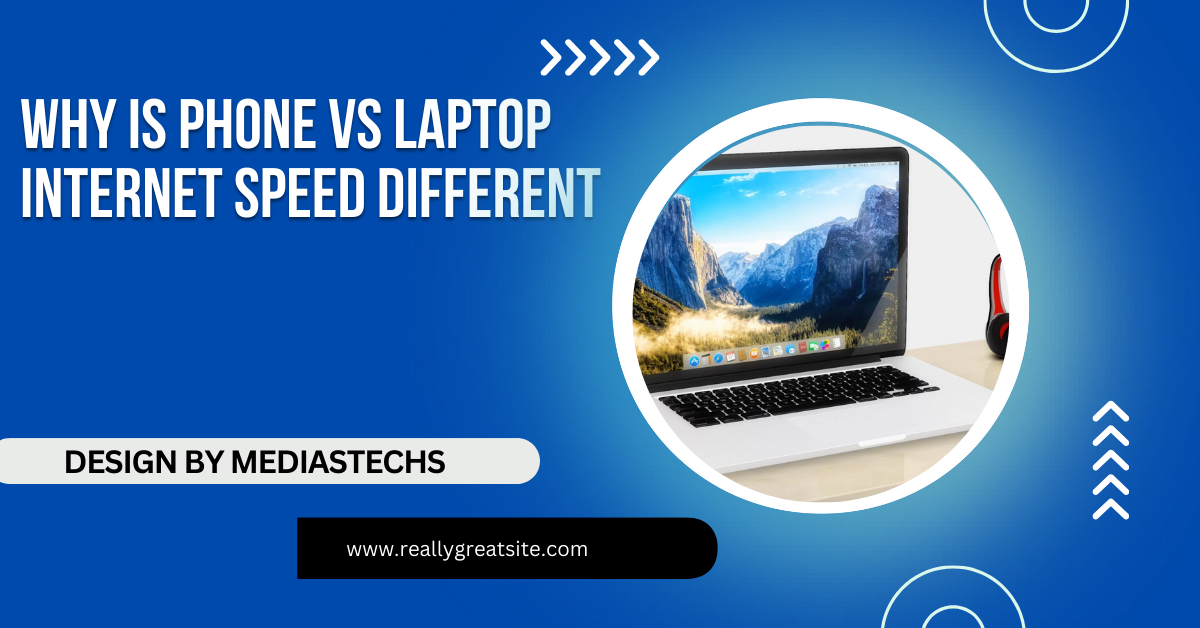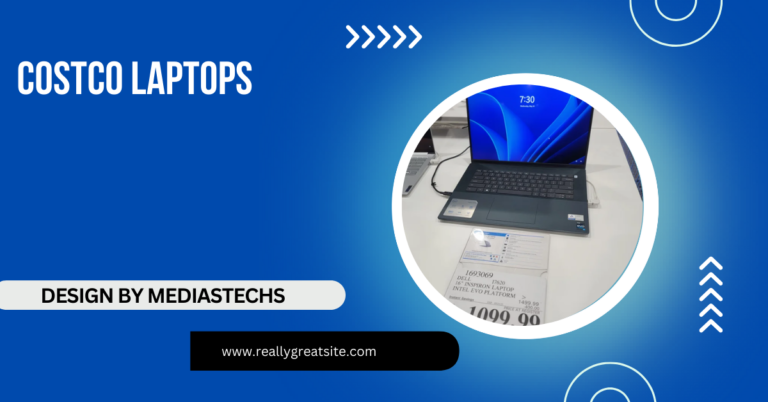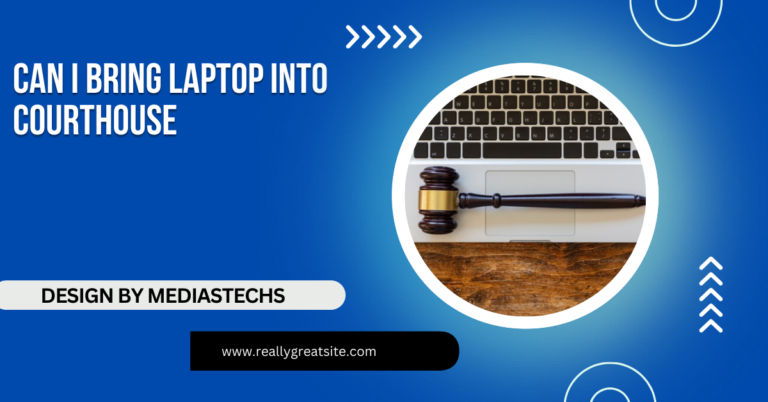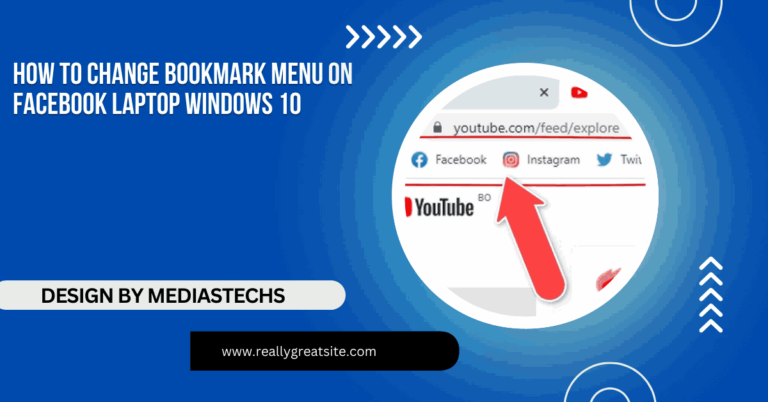Why Is Phone Vs Laptop Internet Speed Different – Phone vs. Laptop!
Discover why internet speeds differ between phones and laptops. Learn how factors like hardware, Wi-Fi bands, and network impact your device’s browsing experience.
In this article, we explain why phone and laptop internet speeds differ, exploring factors like hardware, network management, and signal strength. Learn practical tips to enhance internet speed on both devices.
Why Is Phone vs. Laptop Internet Speed Different?
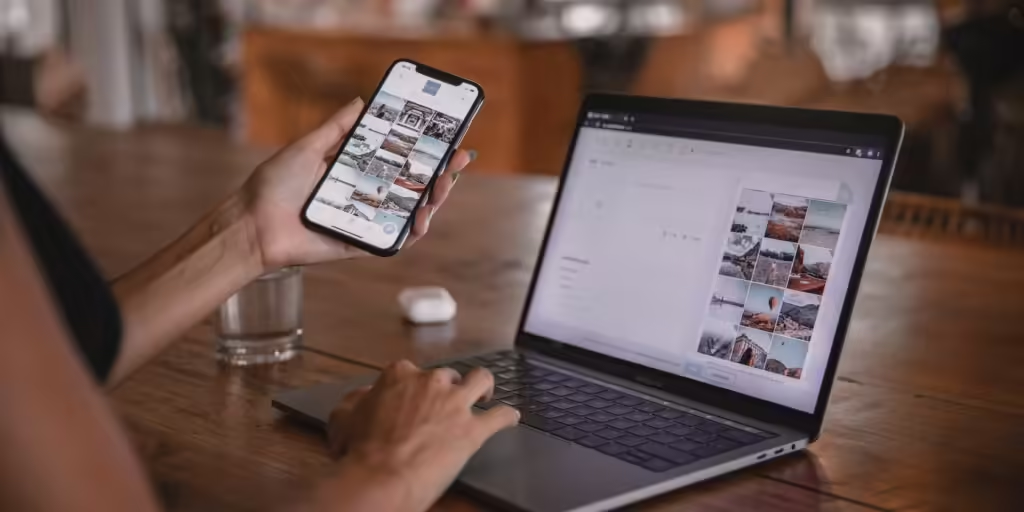
Have you noticed your phone and laptop have different internet speeds on the same Wi-Fi? This guide explains key technical and environmental factors affecting these differences and how to optimize performance.
Device Hardware and Network Capabilities:
At the core of any device’s internet speed are the hardware components that allow it to connect to the web. Phones and laptops are built with different networking components, which have a significant impact on internet performance.
a) Wi-Fi Chips and Antennas:
- Laptops: Typically, laptops are equipped with more powerful Wi-Fi cards and larger antennas. These larger antennas can pick up Wi-Fi signals from greater distances and maintain stronger, more stable connections.
In fact, many modern laptops now support the latest Wi-Fi standards, such as Wi-Fi 6, which provides faster speeds and increased capacity for handling more connected devices.
- Phones: In comparison, phones have much smaller antennas due to their compact design. While many modern smartphones support the same Wi-Fi standards as laptops, the smaller antennas can struggle with maintaining a strong signal, especially in environments with weak Wi-Fi coverage.
This is often why your phone may experience slower speeds when you’re further from the router or in areas with interference.
b) Cellular Connectivity (4G/5G):
- Phones have a distinct advantage over laptops in that they can use mobile data networks (like 4G or 5G) when Wi-Fi is unavailable or weak. Depending on your mobile carrier and location, cellular networks may be significantly faster than Wi-Fi, especially in urban areas where 5G networks are available.
- Laptops typically require a dedicated dongle or hotspot to access mobile data, and they rarely perform as well as smartphones in this regard. If you’re using your phone’s 5G network while your laptop relies on older Wi-Fi technology, it’s no surprise that your phone feels faster.
c) Frequency Bands (2.4 GHz vs. 5 GHz):
Another important aspect of Wi-Fi connectivity is the frequency band your device connects to:
- 2.4 GHz Band: This band has a longer range but slower speed. Many devices, especially older ones, default to 2.4 GHz. Your phone may also connect to this band automatically if it’s further from the router or if the 5 GHz band has too much interference.
- 5 GHz Band: This band offers faster speeds but has a shorter range. Laptops, with their better Wi-Fi chips and antennas, are more likely to prioritize the 5 GHz band when available, giving them faster speeds over shorter distances.
Phones may switch to the slower 2.4 GHz band in favor of a more stable connection, especially when there’s interference or you’re further from the router.
Operating System and Network Management:
The operating systems (OS) running on your phone and laptop play a crucial role in managing network traffic and can influence how fast each device feels when accessing the internet.
a) Operating System Optimization:
- Mobile OS (Android/iOS): Mobile operating systems like iOS and Android are specifically designed to handle tasks efficiently, focusing on managing resources effectively to prolong battery life and reduce background processes. These optimizations often lead to faster load times for certain tasks, such as opening apps or loading websites, but the OS may sacrifice some bandwidth for energy efficiency.
- Desktop OS (Windows/macOS): On the other hand, laptops running operating systems like Windows or macOS are optimized for more demanding, multi-tasking environments. These systems often prioritize performance, which might make them seem slower when opening a web page but better suited to heavier internet tasks like file downloads or video conferencing.
Overall, the OS on mobile devices is more streamlined for quick tasks, while laptops are designed to handle heavier processes, which can impact perceived internet speed.
b) Network Management and App Prioritization:
Phones and laptops also manage internet connections differently:
- Phones: Mobile operating systems usually restrict background data usage to prevent battery drain. This ensures that apps running in the foreground get the priority for data, which can make web browsing and streaming faster.
However, background tasks like automatic backups or app updates are deprioritized, so they don’t consume too much bandwidth.
- Laptops: Conversely, laptops often allow numerous background processes that could use bandwidth, such as syncing cloud storage, downloading system updates, or running background applications (like Slack or Zoom). These background processes can slow down your laptop’s internet connection, making it feel sluggish compared to your phone.
Read More : Do Colleges Pay for Laptops Cost of Attendance Increase – The Hidden Cost of Attendance!
Network Environment and Signal Strength:
Your physical environment plays a significant role in determining the quality and speed of your internet connection. Factors like your proximity to the Wi-Fi router, obstacles, and even network congestion can impact the speed differences between your phone and laptop.
a) Distance from the Router:
The farther away you are from your Wi-Fi router, the weaker the signal strength will be. Laptops, with their larger Wi-Fi antennas, are better equipped to handle weak signals. This means that in a room far from your router, your laptop may still maintain a stable connection, while your phone struggles to maintain decent speeds.
b) Obstacles and Interference:
Wi-Fi signals can be disrupted by physical obstacles like walls, doors, or furniture. Additionally, interference from other electronics (such as microwaves, baby monitors, and even other Wi-Fi networks) can degrade signal quality.
- Phones: Since smartphones may switch between Wi-Fi and mobile data when signal strength is poor, they can sometimes achieve faster speeds by relying on 4G or 5G. This switching can make your phone seem faster than your laptop, especially in areas with poor Wi-Fi signal but strong cellular coverage.
- Laptops: Laptops, on the other hand, are often stuck with Wi-Fi unless you’re using a dedicated cellular modem. In areas with lots of interference or obstacles, your laptop’s internet speed can suffer.
c) Network Congestion:
If there are too many devices connected to the same Wi-Fi network, the available bandwidth is divided among all of them. Laptops typically handle network congestion better because they have more powerful networking hardware. Phones, which may have weaker antennas and processors, could struggle more in crowded networks, leading to slower speeds.
Mobile Data Plans and Network Prioritization:
Your phone’s internet speed can also be influenced by your mobile data plan and how your network provider manages traffic.
a) Data Throttling and Speed Caps:
Many mobile carriers impose data caps and throttling policies. Once you exceed a certain amount of data usage, your internet speed may be reduced. This can result in your phone having slower speeds than your laptop, especially if your laptop is connected to an unthrottled Wi-Fi network.
b) Network Prioritization:
In some cases, cellular carriers may prioritize mobile data traffic over Wi-Fi traffic. For example, 5G networks are designed to handle high-demand activities, like streaming and gaming, and may prioritize those tasks when connected to a phone over a laptop. As a result, your phone may have faster speeds when connected to the same network due to this prioritization.
FAQ’s
- Why is my phone faster than my laptop on the same Wi-Fi?
Phones may switch to 4G/5G when Wi-Fi is weak, while laptops rely on Wi-Fi alone, leading to differences in speed.
- Does the type of Wi-Fi connection affect speed differences?
Yes, devices may connect to different Wi-Fi bands (2.4 GHz vs. 5 GHz), with 5 GHz offering faster speeds but shorter range.
- Can background apps on laptops slow down internet speed?
Yes, laptops often run more background apps, consuming bandwidth and potentially slowing down internet performance.
- Why does my phone have better internet when farther from the router?
Phones may have better cellular reception and switch to mobile data, while laptops struggle with weak Wi-Fi signals.
- Does the operating system impact internet speed?
Yes, mobile operating systems are optimized for efficiency, while laptops handle more processes, which can affect speed.
Conclusion:
The difference in internet speed between phones and laptops is influenced by various factors like hardware, network capabilities, software optimization, and environmental conditions. Phones may excel in certain situations, such as using 4G or 5G when Wi-Fi is weak, while laptops tend to perform better with robust Wi-Fi connections, especially for more data-intensive tasks.

